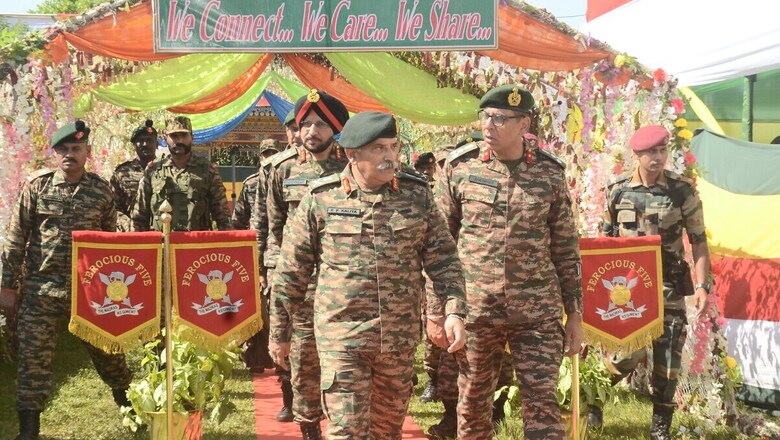
views
From countering China’s designs in Arunachal Pradesh to the ethnic violence in Manipur, Eastern Army Commander Lt General Rana Pratap Kalita’s tenure has been full of challenges. But the soldier of 40 years leaves behind a legacy of determination and development.
Due to retire on December 31, Lt Gen Kalita told News18 in an exclusive interview that India was late to begin development in comparison to China along the Line of Actual Control, but has made great strides in the last 10 years. The next one year will be crucial for such development projects, he said.
Asked about the situation in Manipur, the Eastern Army Commander said dialogue among the ethnic communities is key as is the situation in neighbouring Myanmar.
Talking about post-retirement plans, Lt Gen Kalita said he would eventually enter social service, but remained non-committal on entering politics should an offer come his way.
Edited excerpts:
How would you compare the infrastructural development on the Indian side as against the Chinese side?
If you look at the Eastern Theatre, you will see that infrastructure development took time to start here, essentially because of terrain difficulties. As far as the northern border of the Northeast is concerned, especially in Sikkim and Arunachal Pradesh, huge development has taken place in last 10 years. The PLA (China’s People’s Liberation Army) is little ahead in some areas than us, because they started early and we were late. Now, huge emphasis has been given and I am sure we will do well within a year. It’s not a race, but we will do well is what I can say based on the massive efforts being put in.
Can you elaborate on the development in the Northeast?
The road to Tawang has been developed all along. The Nechiphu tunnel is already operational. The Sela Tunnel, an all-weather tunnel, will open shortly. These have really changed the picture of this region. Not only roads, but data connectivity and mobile connectivity is improved. Helipads and advanced landing grounds have been constructed in Arunachal and Sikkim. Overall, Multifarious development has taken place.
How is the Vibrant Village programme working?
Vibrant Village is an initiative taken up by the Centre with the help of armed forces and the State is giving a huge push in this region. Overall, 500 Vibrant Villages along the border have been identified and are being developed. Civilians will increase their activity there and tourists will come. Work is already on in some villages. Places like Kibithu (in Arunachal Pradesh) are ready and operational.
What is the situation in Arunachal Pradesh now?
With infrastructural development in the area and the presence of huge number of troops… all aside, things are okay. Problems are being resolved through protocol and dialogue, but the situation is unpredictable. As long as border issues are not resolved between the two countries, things will be unpredictable.
Why is Manipur not yet back to normalcy?
There are a lot of factors as far as instability in Manipur is concerned. There are three tribes there — Kukis, Meiteis and Nagas. There are historical issues. There are allegations of expansion by certain tribes. Meiteis can’t buy land, there are restrictions and all this put together has escalated violence. Violence erupted on May 3 in Churachandpur, Moreh and Imphal. The Army moved and we started work with the CAPFs (Central Armed Police Forces) and police. We tried to manage the situation. Around 35,000 people were moved to shelter by us.
The problem remains the availability of weapons among both sides, whether it was looted from armouries or came from Myanmar. In a civilised and democratic society, there is no space for weapons. The availability of weapons can escalate any minor incident. That remains the challenge.
The present situation in Myanmar that is creating more and more refugees is also affecting Manipur and Mizoram. There is cross movement of people and some inimical elements are using this for smuggling narcotics.
I feel both communities should sit together; dialogue is required. The central and state governments are working hard at this.
The Meira Paibi (women’s social movement in Manipur) have been protesting against forces in various area. How do you view these protests?
They have traditionally held important positions. They are very active, they have a strong organisation and they have a vital role in Manipur. I had the opportunity of speaking to them personally to understand their viewpoint. Initially, they opposed our work and the Assam Rifles. They had some problems, but later, when they understood our role, they cooperated. I am sure they will give good guidance to youths so that they don’t take up arms.
What is the situation in Myanmar and how is it affecting India?
Insurgent groups in Manipur and Nagaland have camps in Myanmar. They had been operating from these camps. They come here, extort locals and go back. A recent conflict inside Myanmar has impacted those camps. I am told some camps have been forced to vacate. The Centre and State have taken the initiative for talks. I believe some talks are on. Otherwise, it will be a problem.
What is being done to strengthen the border?
The border is a very long and difficult terrain. It’s a jungle so infrastructure is a problem. Union Home Minister Amit Shah has ordered fencing and work is going on there. This will help and stop the influx of people. It will also control smuggling. All border areas will be fenced and this will help develop communication.
How do you view ULFA’s peace treaty with the Centre and Assam government?
It is a very positive development. Any sort of final signing is a welcome step. It is also important to have talks with the group led by Paresh Barua.
Given the devastating Teesta floods in Sikkim, should there be a climate change aspect to military operations?
Climate is a very important aspect. We cannot predict it. Civilians and forces have taken a major hit in terms of infrastructure destruction. We have specialised people, but more such people should come up.
What are your future plans?
You are aware of the challenges of the Eastern Army Commander. We did not have time to think. I know I will go back and settle in Guwahati. I need some time for personal life. Then I will be ready for social work.
Will you join politics if there is an offer?
It’s too early to say. I am willing to work for the society, but in what form, I don’t know. It’s too early to say. My successor is competent and a good soldier. He has immense experience of working here. Under his leadership, the Eastern Command will do well.










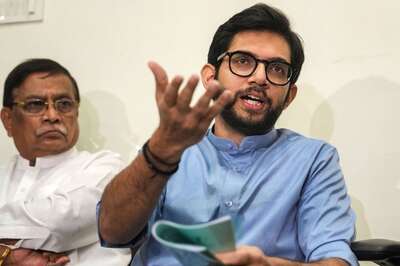





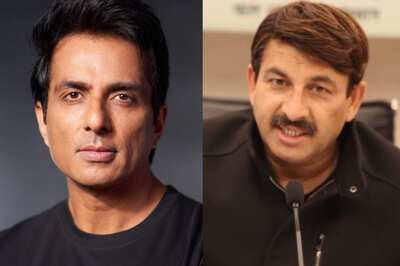
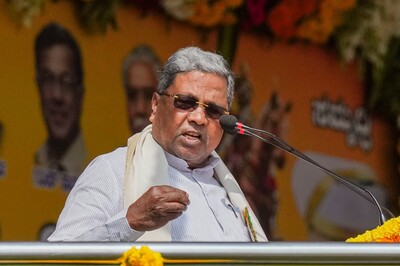
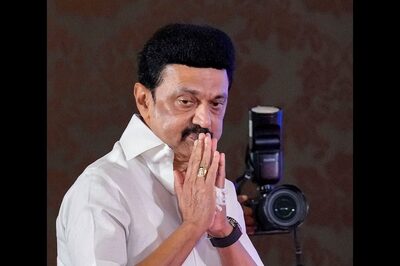
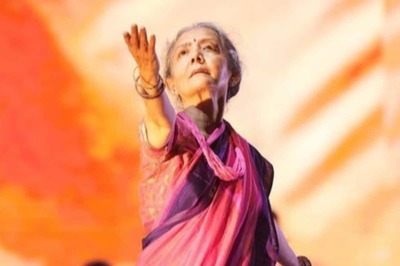
Comments
0 comment